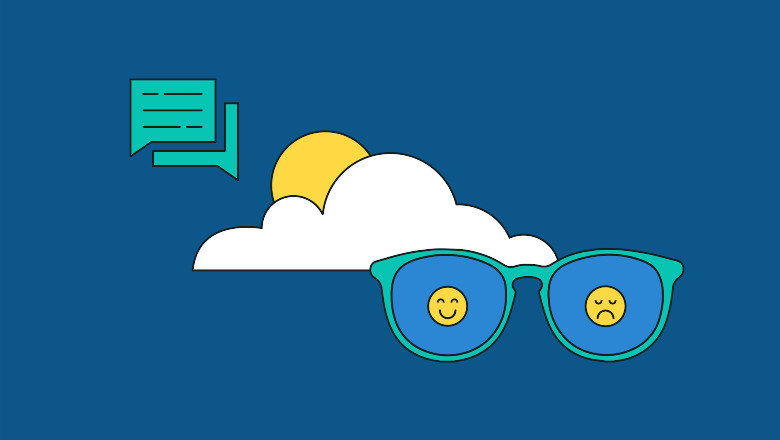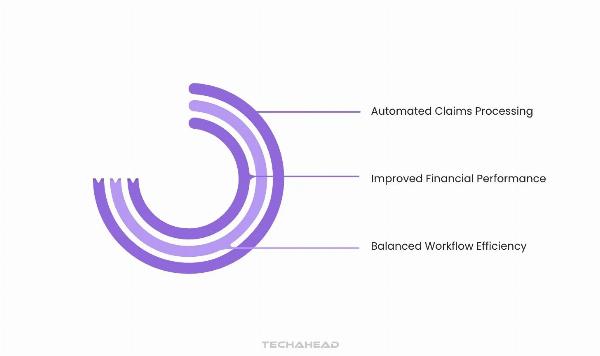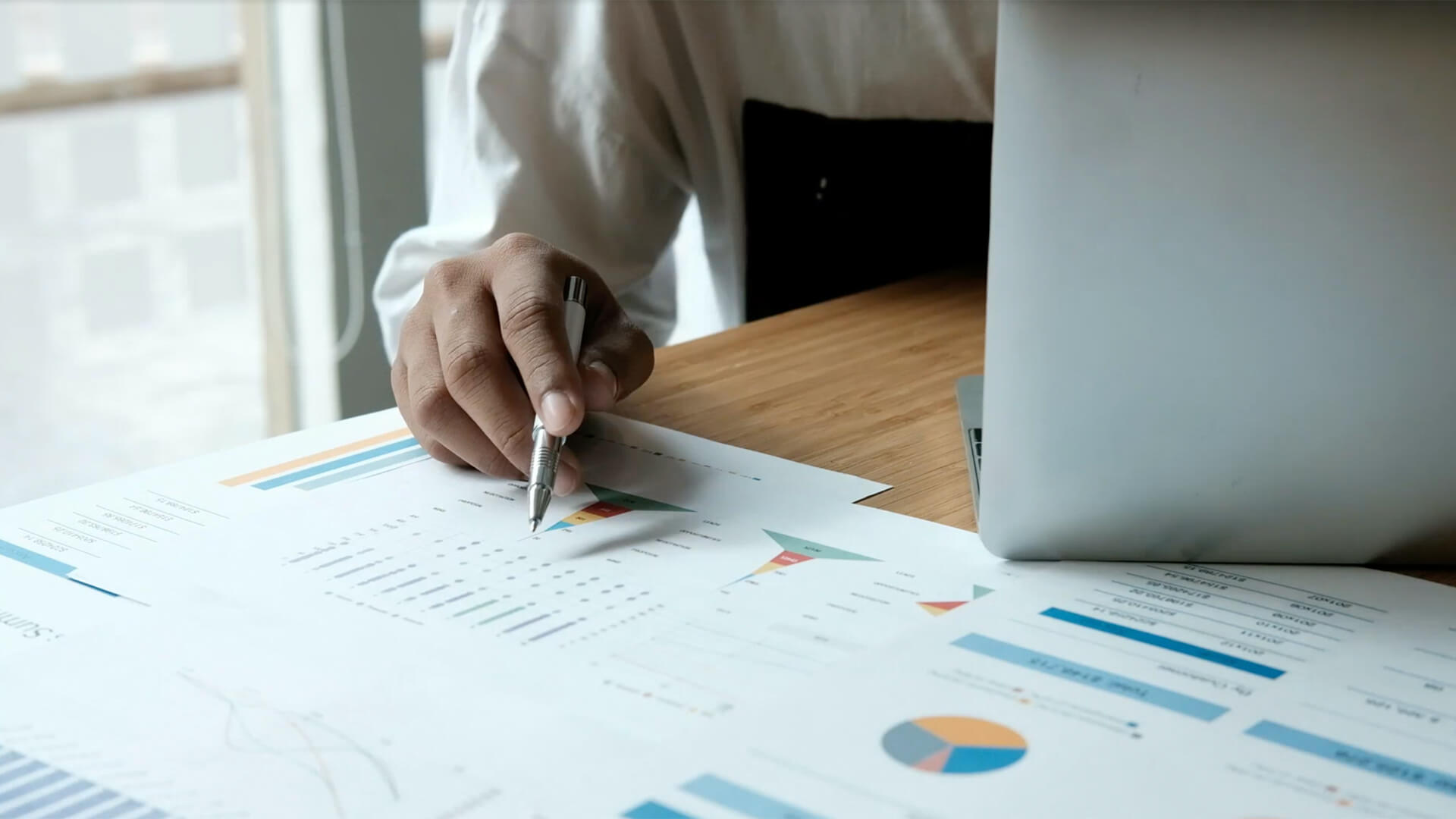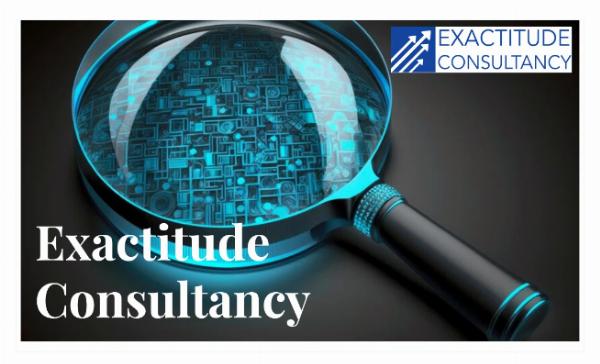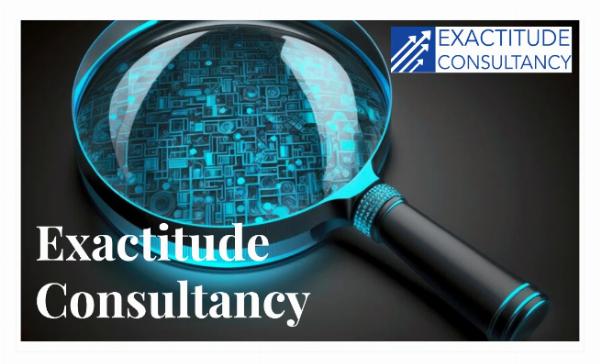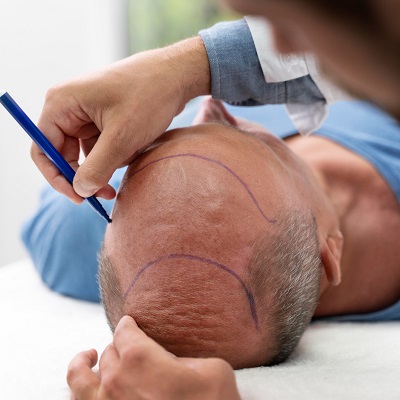The link between social media and mental health is well-documented.
We know there are pros and cons of social media use, but it's important to remember there is a human working hard on the social accounts of your favorite brands. For every wholesome piece of social content we see, there's drama and depressing news to offset it.
Food for thought: daily social media usage has peaked at an average of 147 minutes per day. More and more of our day-to-day interpersonal interactions happen via smartphone screens.
Still, society's spotlight on social media is driving productive conversations about mental health. Not to mention addressing the stigma associated with those who struggle.
Below we break down how to manage mental health and social media. This includes healthy habits and tips for navigating it both personally and professionally.
Social media and mental health: the big picture
Consider that one in five Americans report receiving treatment for their mental health. Given how integral social media is to our daily lives, we can't afford to ignore its impact on our well-being.
That includes the good and the bad.
Let's kick things off by digging into both sides of the debate.
Why is social media bad for mental health?
Social media gets a bad rep when it comes to mental health. It’s not totally unfounded when you consider the following.
Pressure from FOMO and 'always on' culture
Being connected to friends, colleagues and the rest of the world 24/7 is both a blessing and a curse.
Enter the 'always on' nature of social media. That is, an unspoken (and sometimes explicit!) pressure to be active.
Always listening. Always present. Always posting.
This has led to the phenomenon of FOMO (fear of missing out) and the pressures that come with it. This includes the pressure to'
Stay informed. From a never-ending news cycle to ads and updates, there's a constant flood of content to consume. Keeping up with it all is downright overwhelming. This includes content we want to see.Respond. This applies to both personal and professional social media use. Expectations are high when it comes to response time for consumers. Leaving anyone on read feels like a no-go.Post. Many people feel compelled to post even when they don't want to. Research says that 45% of Gen Z claim that there's too much pressure to be perfect on social media.Negative news and conflict tend to thrive in social feeds
The inner workings of social media algorithms are complicated.
That said, conventional wisdom says algorithms tend to favor whatever earns the most clicks, comments and shares.
And in many cases, that ends up being controversial or conflict-driven content.
This creates a snowball effect of negativity in our social feeds. The more interactions a controversial or debate-bait post gets, the more fuel for the algorithm. Coupled with the pressure to be 'always on,' negative habits such as doom-scrolling are now common.
Ill effects of excessive screen time
As noted earlier, the amount of time spent on social media is on the rise.
This is a big concern among parents on behalf of the younger crowd. There's been ample research published on the negatives associated with too much screen time. This includes:
FatigueDepressionPoor sleep qualitySure, nobody is forcing us to stare at screens all day (unless it's part of your job). Smartphones are a non-negotiable part of modern life for most Americans. That doesn't negate these potential health problems, though.
How does social media help people improve their mental health?
The potentially negative effects of social media are clear.
That said, we shouldn't outright ignore the positive impact that social media. Below we highlight how social serves as a net positive for our mental well-being.
Raising awareness to support issues and people
Platforms like Twitter and Instagram have fostered countless conversations regarding social issues. Specifically, issues that people otherwise may not encounter face-to-face in their communities. This includes:
Resources for mental health and treatmentAwareness of social and political causes (#FightFor15 or #InsulinForAll)Support for marginalized groupsFrom racism to misgendering, #LGBTQ youth experience harm by the constant rhetoric they see online. Find out here how you can support them. https://t.co/aJM2UZUIWC pic.twitter.com/rhDxX91MUW
— The Trevor Project (@TrevorProject) December 12, 2022
